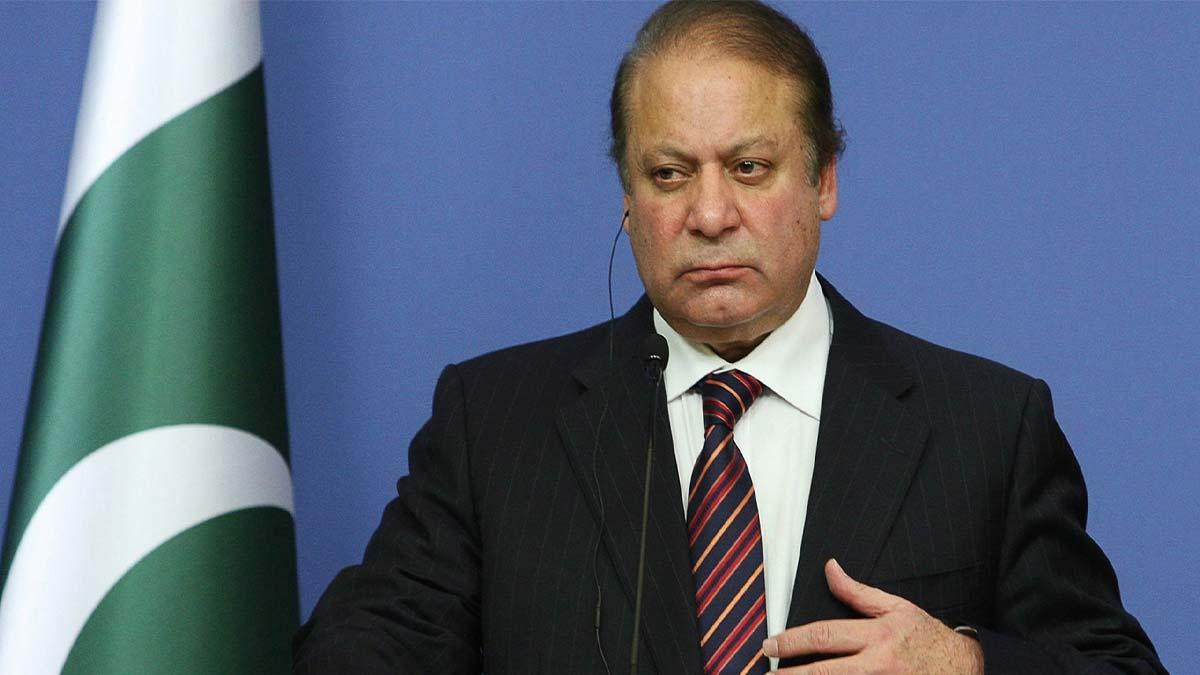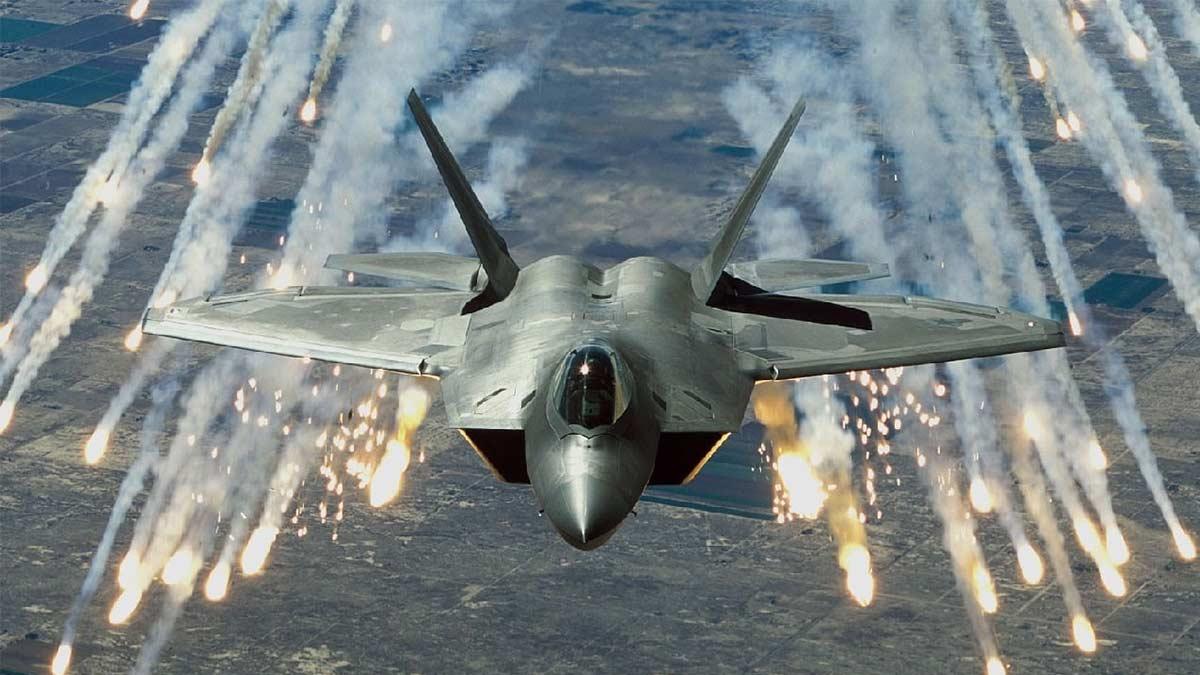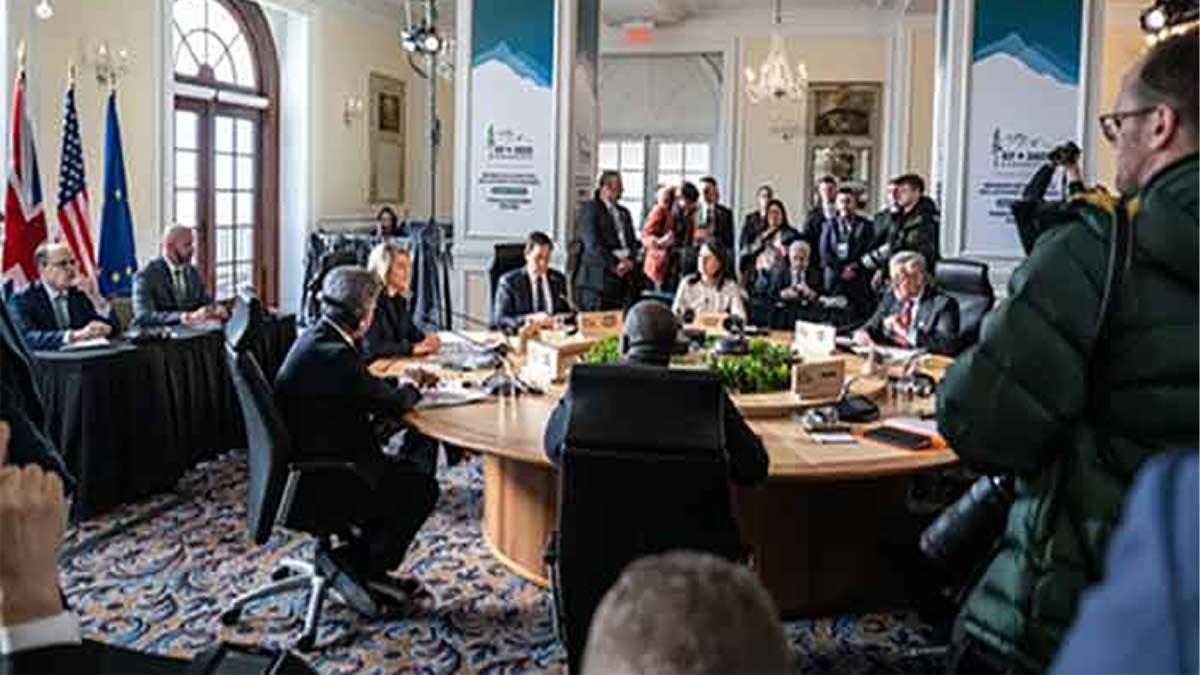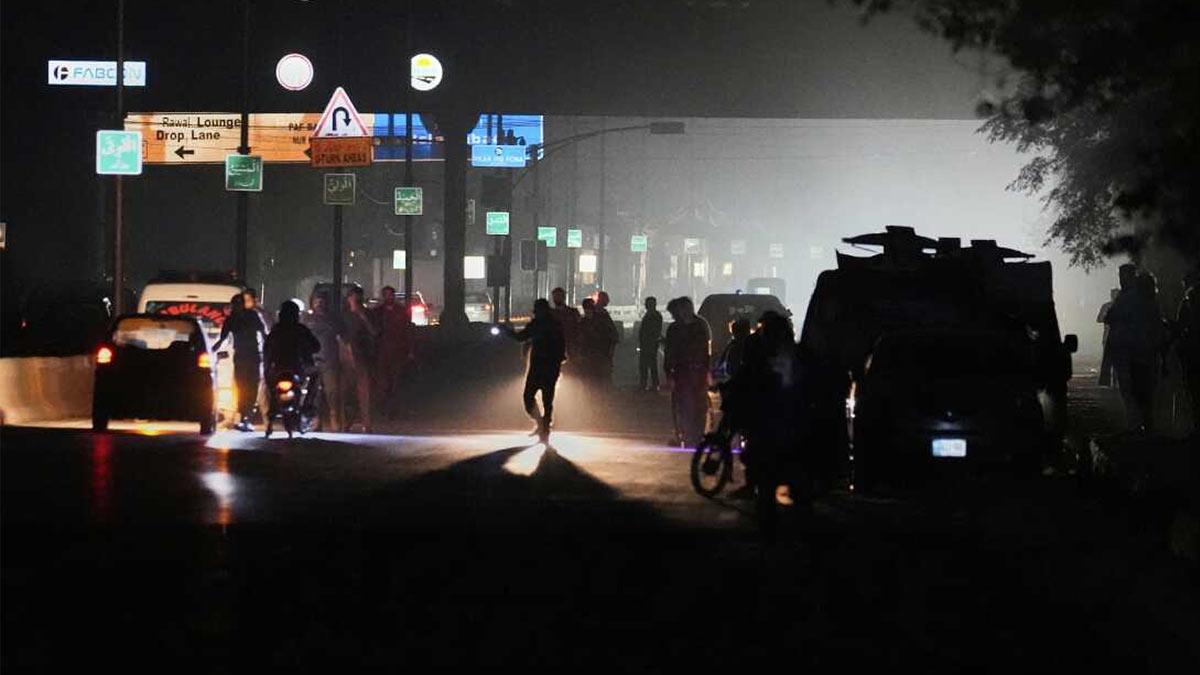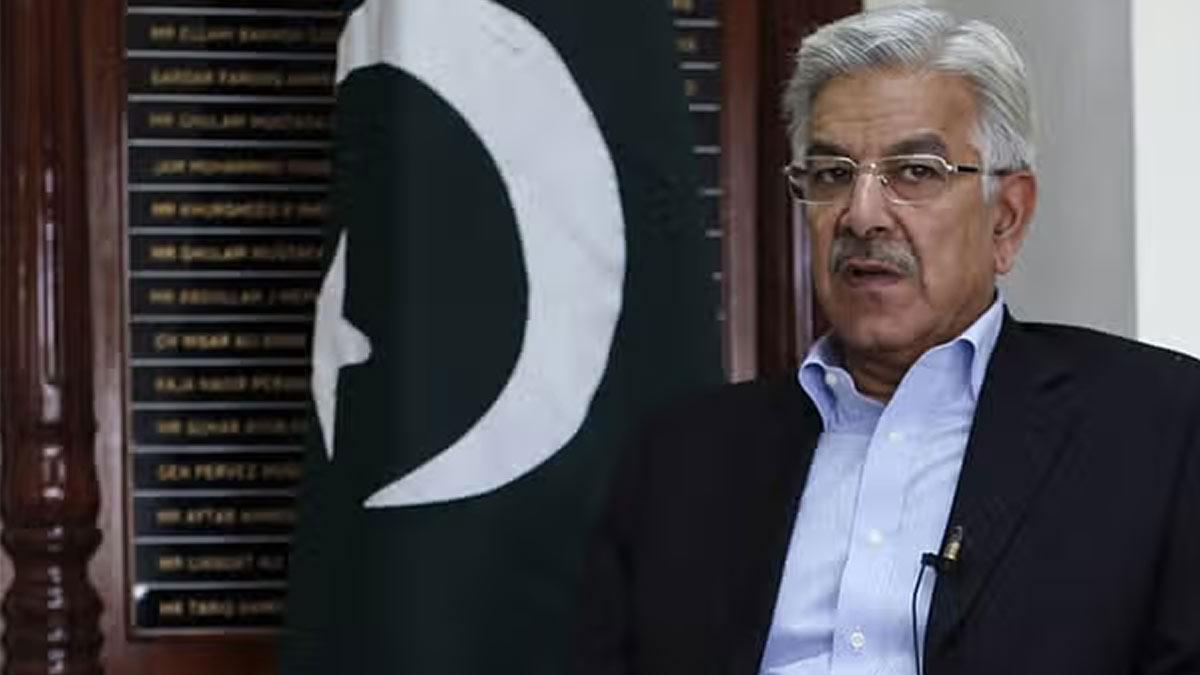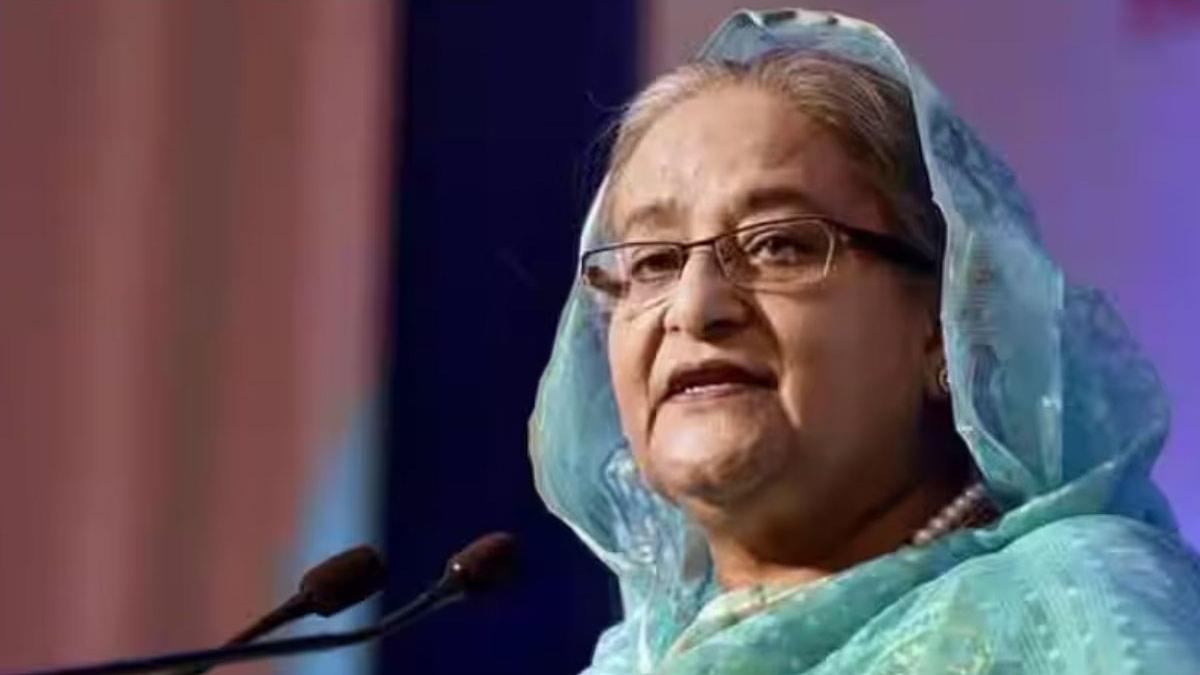With mounting tensions between India and Pakistan as military clashes continue, Former Prime Minister Nawaz Sharif is said to be working behind the scenes to de-escalate tensions through diplomatic back-channel measures, a media report on Friday said.
Sharif, head of the country's ruling party, Pakistan Muslim League-Nawaz (PML-N), was present in an emergency high-security meeting at Prime Minister House on Thursday night during which he advised his brother and Prime Minister Shehbaz Sharif to go through diplomatic channels to calm things down with India.
The hostilities between the two countries have escalated heavily after India's Operation Sindoor on Wednesday, a counterattack after the Pahalgam terror attack on April 22, which had cross-border ramifications. In retaliation, Pakistan had tried an unsuccessful assault on 15 Indian cities.
Nawaz Sharif has, as reported by the Express Tribune, called for the government to use all its diplomatic means in order to try and bring about peace between India and Pakistan. He preferred being non-aggressive towards India when he said, "I am not in favor of taking an aggressive position."
Having recently returned to Pakistan from London, Nawaz Sharif is now officially re-entering into the attempt to defuse tensions between the two nations, enhancing his role in the diplomatic effort. His return, especially during the current crisis, is a sign of a move to strengthen backchannel communications.
While Nawaz Sharif has no formal post in the incumbent government, serving as the party head of ruling PML-N, he still gets to involve himself in matters of import like the civil-military meeting convened to discuss assessing the mounting standoff with India.
Nawaz Sharif, the prime minister when the 1999 Kargil war took place, also has experience of handling Indo-Pak tensions. On the other hand, Pakistan's National Assembly on Friday stood united in its support for its country's military action against India, showing a collective voice among legislators across political lines in support of Pakistan's sovereignty.
Later in the day, Pakistan's Foreign Office refuted Indian media accusations that Pakistan had launched several attacks in India as "entirely unfounded" and as part of a "reckless propaganda campaign." A Foreign Office statement asserted Pakistan's support for peace but renewed its assertion of the right to retaliate against acts of aggression, saying the nation would not be influenced by efforts to goad or mislead it.

